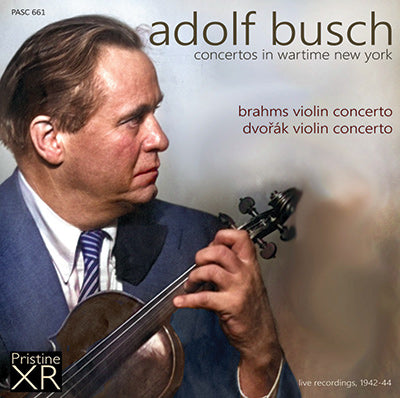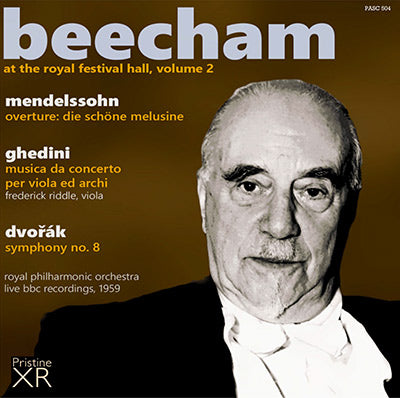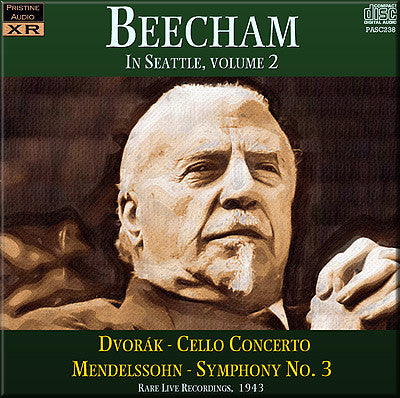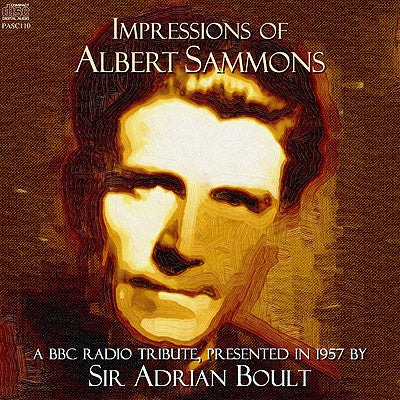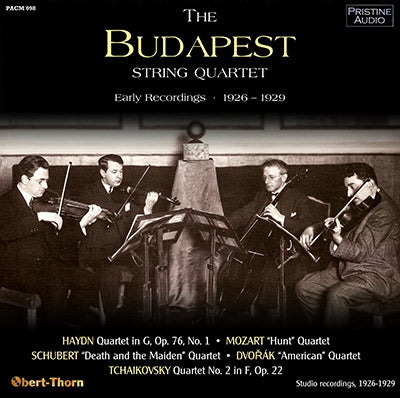Dvořák
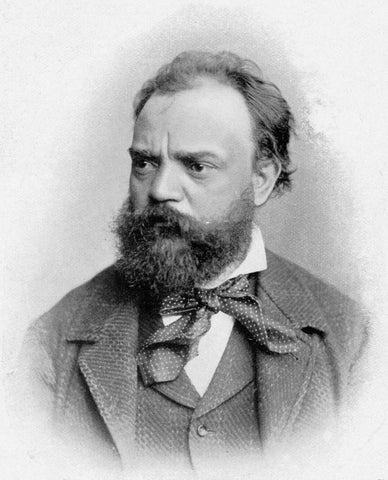
Dvořák displayed his musical gifts at an early age, being an apt violin student from age six. The first public performances of his works were in Prague in 1872 and, with special success, in 1873, when he was aged 31. Seeking recognition beyond the Prague area, he first submitted a score of his First Symphony to a prize competition in Germany, but he did not win, and the manuscript, not returned, was lost until rediscovered many decades later. Then in 1874 he first made a submission for the Austrian State Prize for Composition, including scores of two further symphonies and other works. Johannes Brahms, unbeknownst to Dvořák, was the leading member of the jury and was highly impressed. The prize was awarded to Dvořák for 1874[a] and again in 1876 and in 1877, when Brahms and the prominent critic Eduard Hanslick, also a member of the jury, made themselves known to him. Brahms recommended Dvořák to his publisher, Simrock, who soon afterward commissioned what became the Slavonic Dances, Op. 46. These were highly praised by the Berlin music critic Louis Ehlert in 1878, the sheet music (of the original piano 4-hands version) had excellent sales, and Dvořák’s international reputation at last was launched.
Dvořák’s first piece of a religious nature, his setting of Stabat Mater, was premiered in Prague in 1880. It was very successfully performed in London in 1883, leading to many other performances in the United Kingdom and United States. In his career, Dvořák made nine invited visits to England, often conducting performances of his own works. His Seventh Symphony was written for London. Visiting Russia in March 1890, he conducted concerts of his own music in Moscow and Saint Petersburg. In 1891 Dvořák was appointed as a professor at the Prague Conservatory. In 1890–91, he wrote his Dumky Trio, one of his most successful chamber music pieces. In 1892, Dvořák moved to the United States and became the director of the National Conservatory of Music of America in New York City. While in the United States, Dvořák wrote his two most successful orchestral works. The Symphony From the New World spread his reputation worldwide. His Cello Concerto is one of the most highly regarded of all cello concerti. Also, he wrote his American String Quartet, his most appreciated piece of chamber music. But shortfalls in payment of his salary, along with increasing recognition in Europe and an onset of homesickness, led him to leave the United States in 1895 and return to Bohemia.
Dvořák’s nine operas other than his first, Alfred, have librettos in Czech and were intended to convey Czech national spirit, as were some of his choral works. By far the most successful of the operas is Rusalka. Among his smaller works, the seventh Humoresque and the song "Songs My Mother Taught Me" are also widely performed and recorded. He has been described as "arguably the most versatile... composer of his time".

Dvořák
BRAHMS Violin Concerto
DVOŘÁK Violin Concerto
Live recordings, 1942-44
Total duration: 73:08
Adolf Busch, violin
New York Philharmonic-Symphony Orchestra
conducted by William Steinberg
National Orchestral Association
conducted by Léon Barzin
NBC Symphony Orchestra
conducted by Frank Black
BEECHAM at the Royal Festival Hall, Volume 1: Haydn, Lalo, Debussy
BEECHAM at the Royal Festival Hall, Volume 2: Mendelssohn, Ghedini, Dvořák
BEECHAM at the Royal Festival Hall, Volume 3: Addison, Beethoven, Saint-Saëns, Gounod
Recorded live in 1959
Royal Philharmonic Orchestra
conducted by Sir Thomas Beecham
Save 5% when you purchase all three volumes together
MENDELSSOHN Overture: The Fair Melusine
GHEDINI Musica da Concerto per Viola ed Archi
DVOŘÁK Symphony No. 8
Recorded live in 1959
Total duration: 70:43
Frederick Riddle, viola
Royal Philharmonic Orchestra
conducted by Sir Thomas Beecham
DVORAK Cello Concerto
MENDELSSOHN Symphony No. 3 "Scottish"
Recorded 1943
Total duration: 77:21
Mischel Cherniavsky, cello
Seattle Symphony
conducted by Sir Thomas Beecham
BOULT Impressions of Albert Sammons
Broadcast in 1957 on the BBC Home Service
Total duration: 29:46
Albert Sammons, violin
Presented by Sir Adrian Boult
HAYDN Quartet in G, Op. 76, No. 1
MOZART “Hunt” Quartet
SCHUBERT “Death and the Maiden” Quartet
DVOŘÁK “American” Quartet
TCHAIKOVSKY Quartet No. 2 in F, Op. 22
Encores by Dittersdorf, Mendelssohn and Borodin
Studio recordings, 1926-29
Total duration: 2hr 35:50
The Budapest Quartet
-
Previous
- Page 1 of 8
- Next

